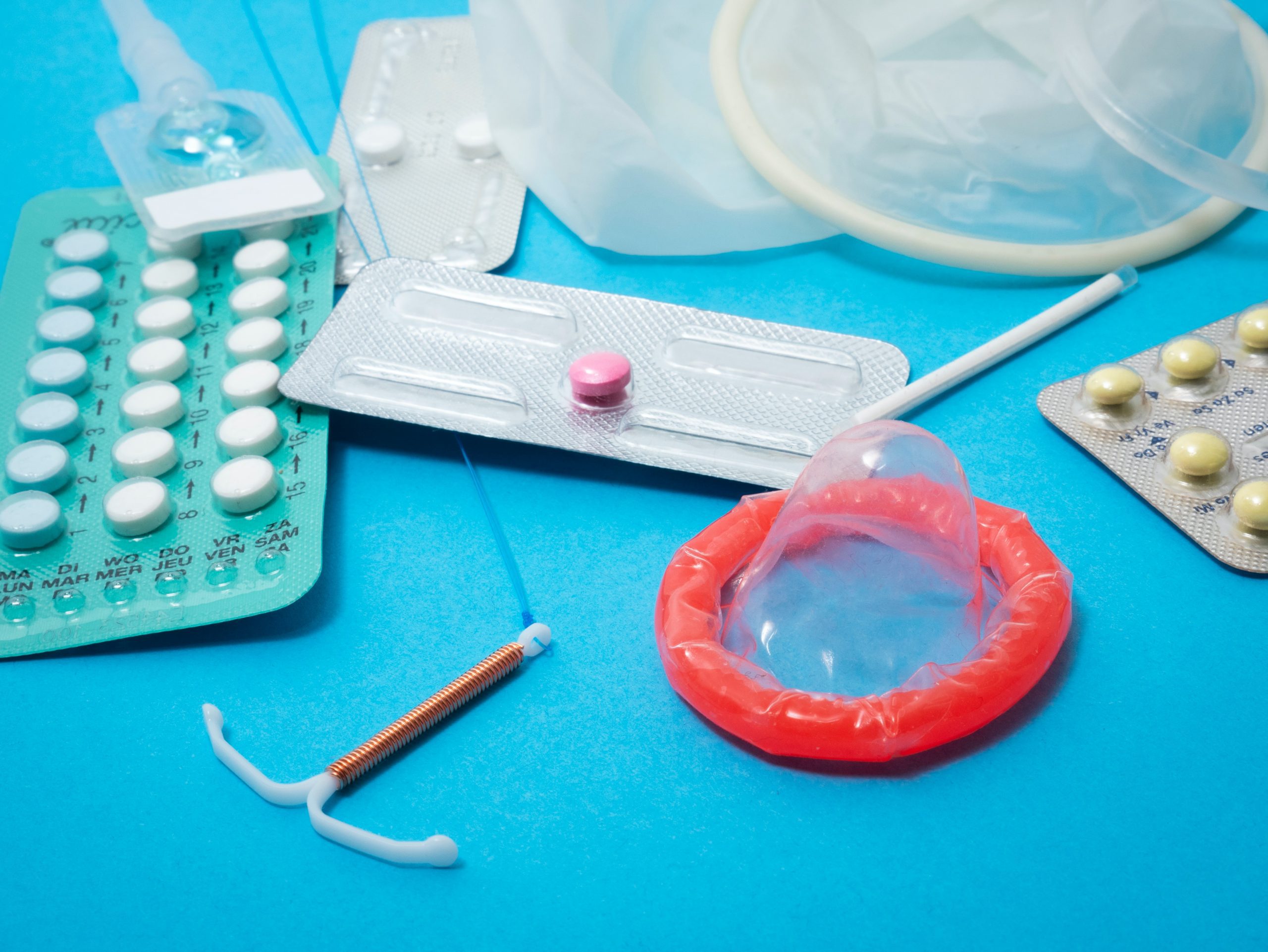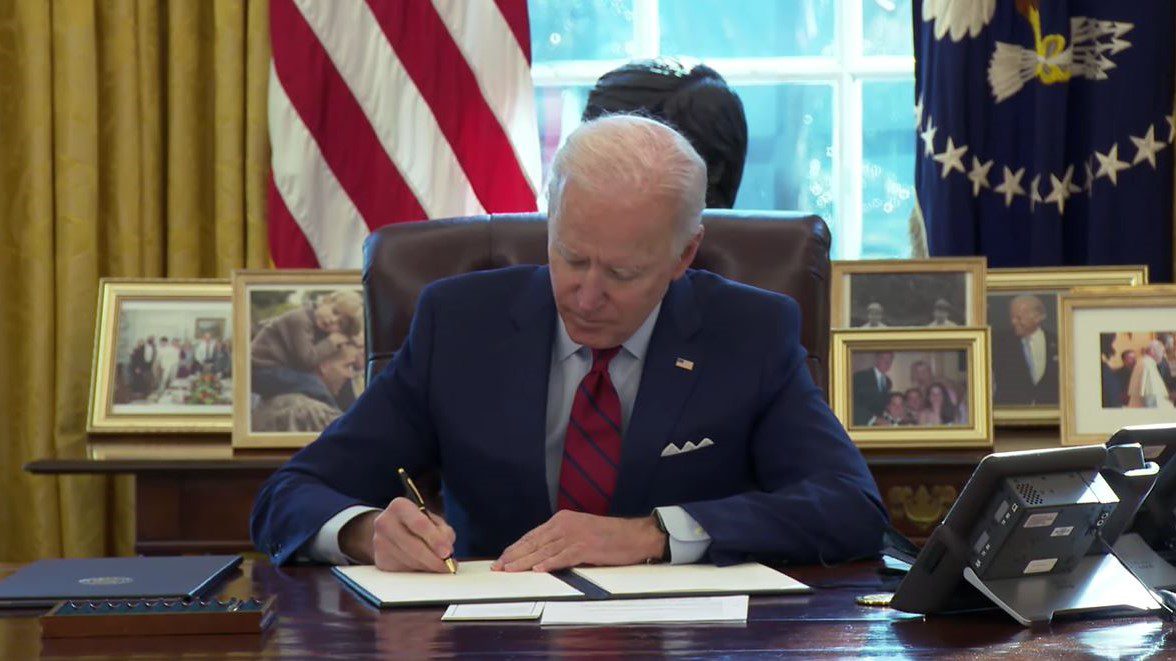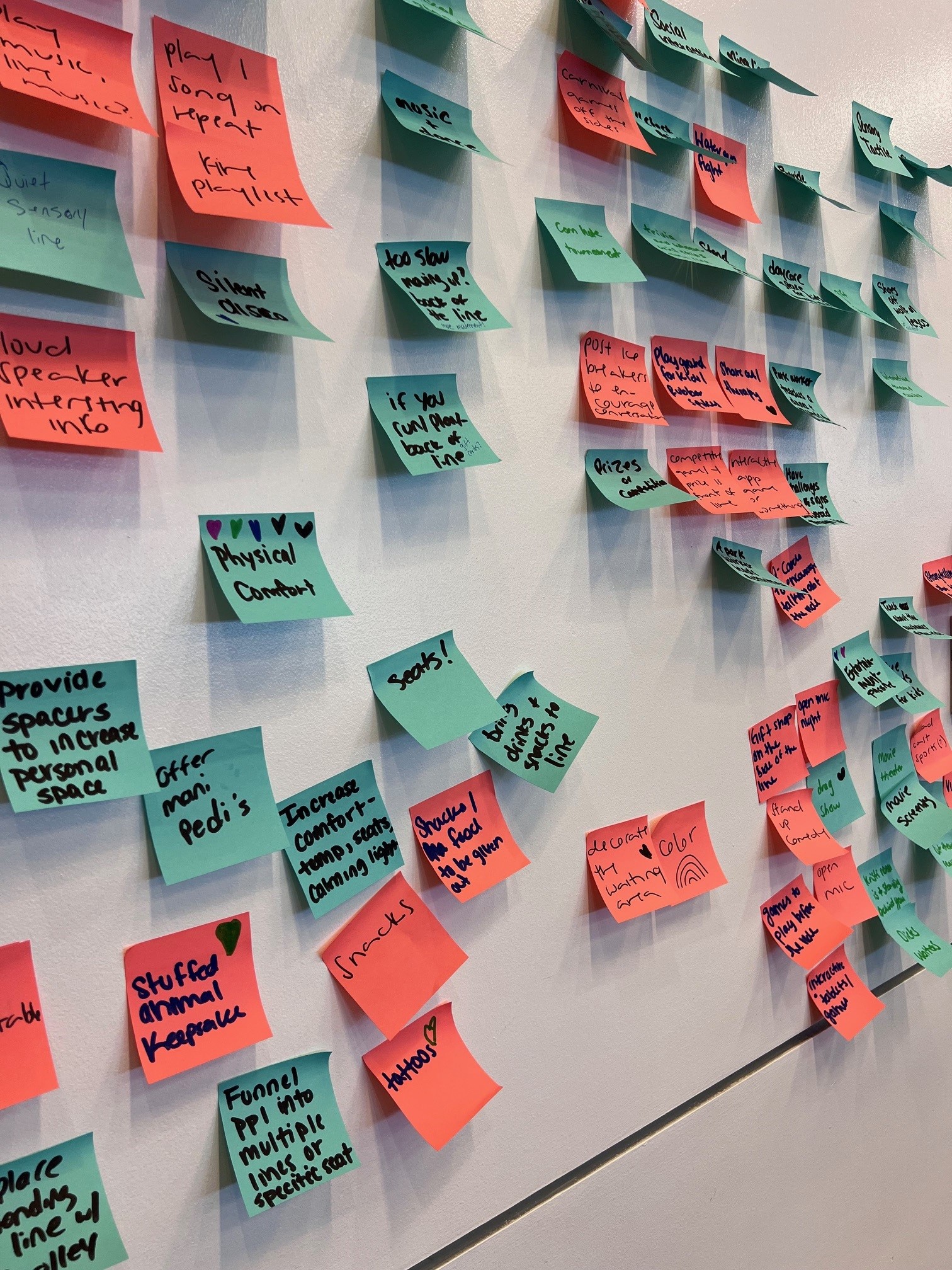Ensuring that youth have access to the services they need is a core principle of reproductive justice—one that we must continue to strive towards and build upon.
The COVID-19 pandemic has essentially changed our everyday reality, and we are currently experiencing a “new normal.” The impact of the pandemic is far-reaching with social, economic, and health implications.
In March 2020, universal stay-at-home orders resulted in restricted access to essential supports and services for many communities. A year later, as restrictions have eased and been completely lifted in some states, we still find that the pandemic has resulted in physical and economic barriers to accessing sexual and reproductive health (SRH) services and contraception.
For youth—especially Black and Indigenous, youth of color, immigrant youth, youth with disabilities, and LGBTQ+ youth—who already experienced barriers to accessing SRH services and contraception (such as cost, lack of insurance, access to transportation or scheduling conflicts), the pandemic has resulted in even more limited access.
For youth—especially Black and Indigenous, youth of color, immigrant youth, youth with disabilities, and LGBTQ+ youth—who already experienced barriers to accessing SRH services and contraception (such as cost, lack of insurance, access to transportation or scheduling conflicts), the pandemic has resulted in even more limited access.
Job loss due to the pandemic has left many young people without income or insurance to afford SRH services or contraception. For youth currently in school, the closure of school-based health centers and university health centers has left many without access to traditional care, let alone sexual and reproductive health care.
A report published by the Guttmacher Institute on the impact of COVID-19 on reproductive health found that as a result of the pandemic, one-third of 18-34 year-old women surveyed reported having experienced pandemic-related delays or cancellations of reproductive or other sexual health care.
In an effort to ensure that marginalized and disadvantaged youth are able to have continued access to contraception and sexual and reproductive health services, Power To Decide created the BCBenefits Contraceptive Fund providing individuals living at or up to 250% of the federal poverty level with gas cards, shared ride vouchers, or other transportation funds to ensure they are able to travel to appointments. The fund also provides reimbursement for contraception costs that are not covered by insurance.
In Maryland, I Want the Kit, an initiative of Johns Hopkins University School of Medicine, allows individuals to order a “free, accurate, and confidential” sexually transmitted infection and HIV at-home test kit. The kit is available for young people under the age of 18 as well, and they do not need parental consent to order. Organizations such as Planned Parenthood have worked to continue to provide affordable sexual and reproductive health services for youth and have begun offering telehealth visits as well.
Maryland’s 2018 Contraceptive Equity Act allows for continued access to contraception as the law mandated the removal of most co-payments for birth control, lifted the pre-authorization requirements for those wishing to obtain a long-acting reversible contraceptive (LARC), made contraceptives available over-the-counter, and allowed providers to prescribe six months of birth control at one time.
Ensuring access to sexual and reproductive health care is core to the principles of reproductive justice: limited access to these services infringes upon young people’s rights to bodily autonomy, choice, and informed decision-making.
Ensuring access to sexual and reproductive health care is core to the principles of reproductive justice: limited access to these services infringes upon young people’s rights to bodily autonomy, choice, and informed decision-making. We must continue to work to increase and improve access for all youth, so they can be in control of their futures.








